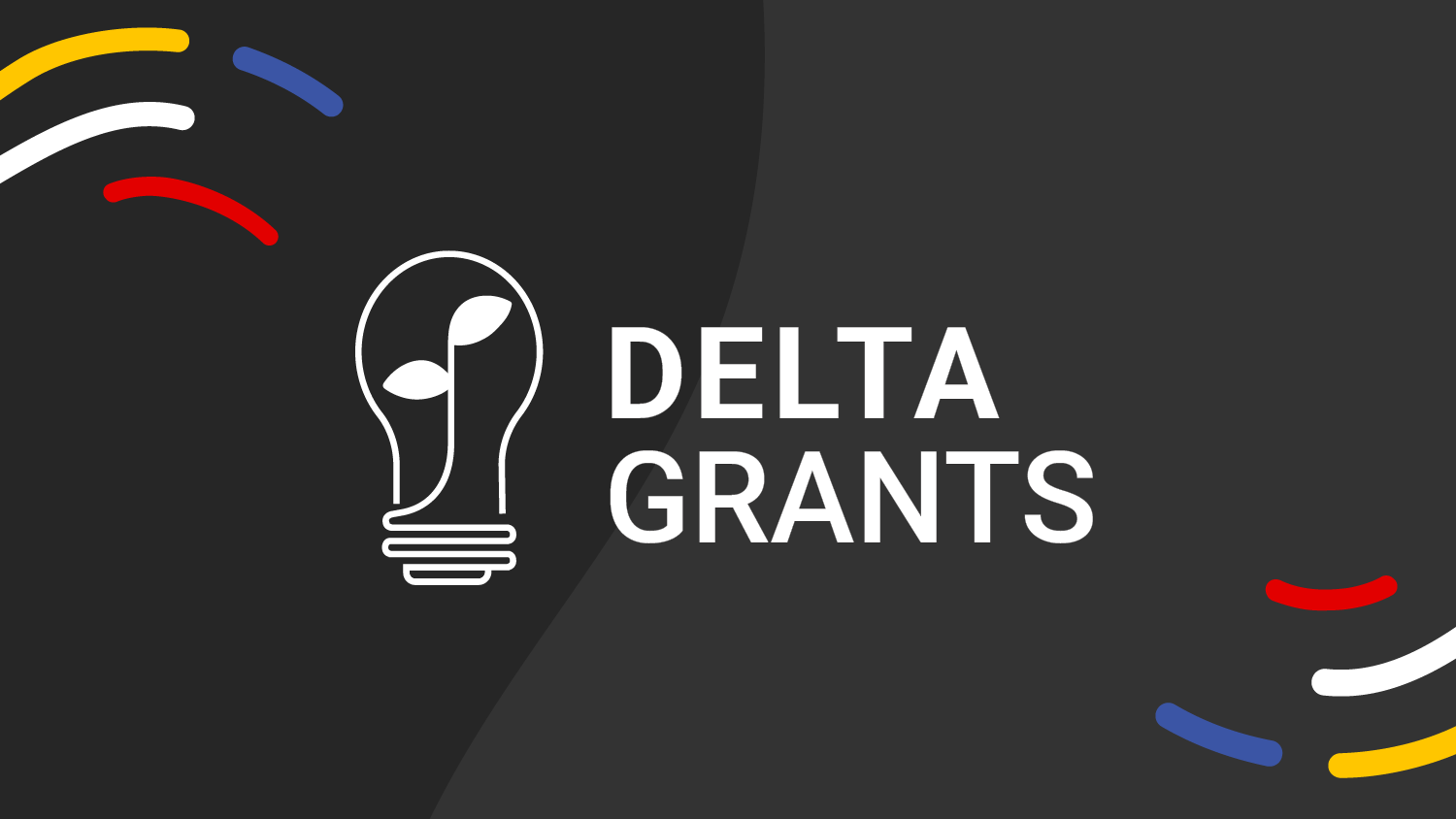New Cohort of Faculty Dedicated to Online Course Improvement
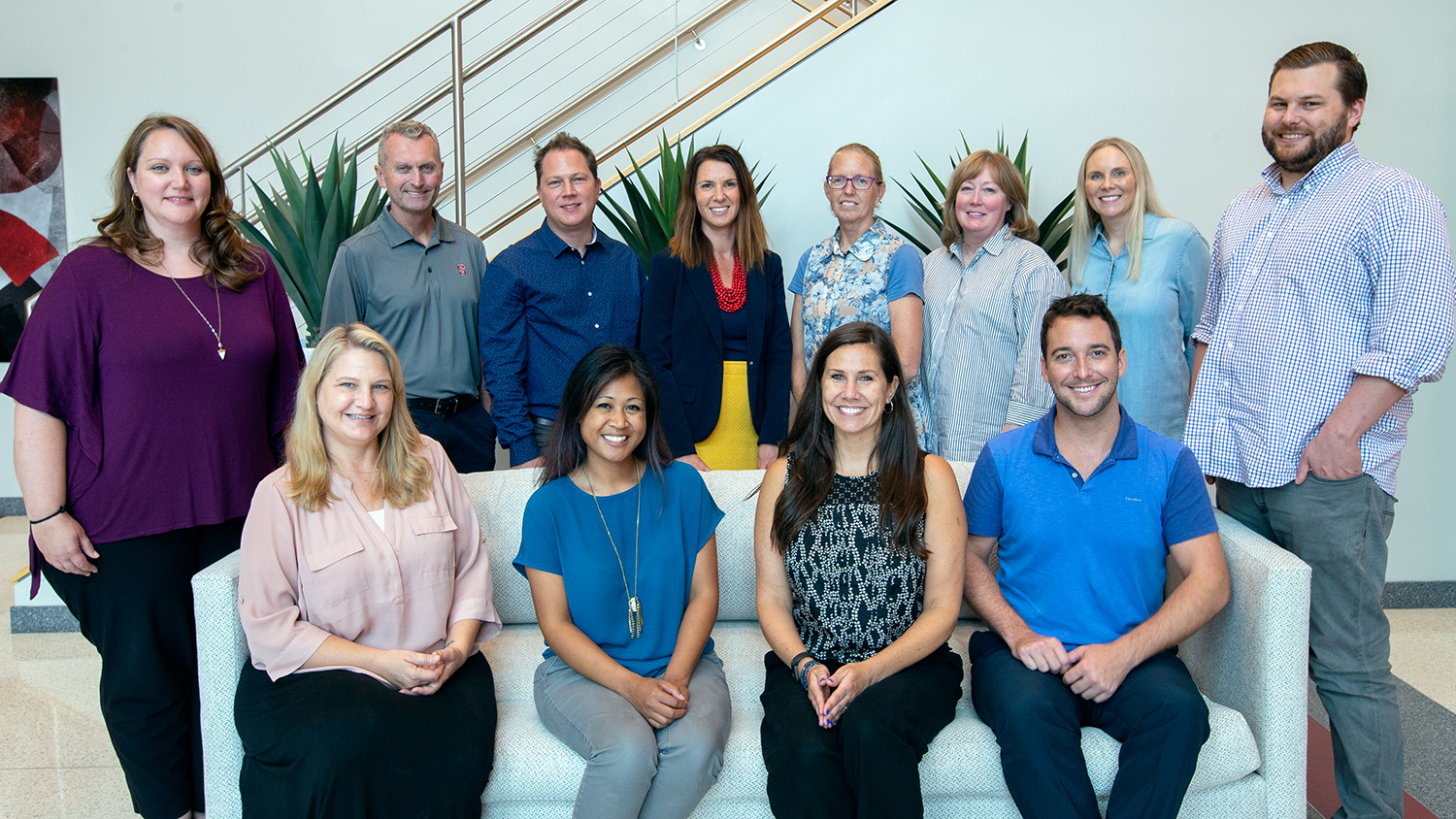
Through the Online Course Improvement Program (OCIP), DELTA is backing its commitment to promote high-quality education for all learners.
Aligning with NC State’s strategic plan, DELTA’s overarching goal is to help faculty build student success.
In the case of OCIP, a group of DELTA staff members known as the Course Quality team are working with faculty from across NC State to improve their online courses to meet Quality Matters (QM) standards, and ultimately, give NC State Online students the tools they need to be successful.
Melissa Hendrickson, Michael Kanters, Jamie Larsen, Seth Murray and Wendy Warner make up OCIP’s fourth cohort. Each of these faculty members are ready to put their online courses to the test during the rigorous program.
The new cohort also includes Christine Cranford and Julianne Treme who are serving as faculty leads. With their previous experience partnering with DELTA, the pair is eager to continue their efforts in ensuring online course quality.
With 14 QM-certified courses and counting, NC State is proving and delivering on its promise to provide high-quality education to all learners.
Meet the Fall 2019 OCIP Cohort
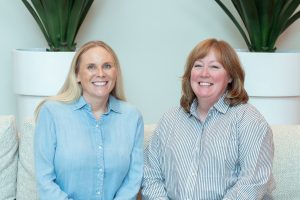
Christine Cranford is participating in her third round of OCIP. She first began in the fall 2018 cohort and continued as a participant and faculty lead in the spring 2019 cohort. She’s back this semester as a faculty lead to champion course quality efforts.
With two QM-certified courses under her belt, Cranford is looking forward to taking the course development knowledge she has learned and helping other instructors improve their courses and prepare for QM certification.
“OCIP has considerably impacted the development of the courses I teach. Participating in this program has allowed me to align learning objectives, learning materials and assessments to course objectives,” Cranford says.
Julianne Treme participated in the spring 2019 OCIP cohort and recently earned QM certification for her ARE 201 – Introduction to Agricultural and Resource Economics course. She is now serving as a faculty lead to not only support the new cohort but also gain more experience to become a QM peer reviewer.
“Course improvement is continual and even though my course is certified, I have been making changes to it based on the feedback from my QM review,” Treme says.
Her inspiration for serving as faculty lead largely came from Cranford. Treme says, “Christine was such a wonderful role model in her faculty lead role last semester. I wanted to be able to relay my QM experience to the new cohort in the same manner.”
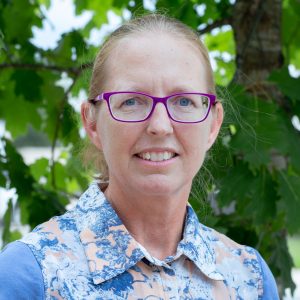 Melissa Hendrickson is a lecturer and coordinator of the associate’s degree program in agribusiness management. She’s been teaching ARE 304: Agribusiness Management both face to face and online since 2002 but has never had a full review of her online course.
Melissa Hendrickson is a lecturer and coordinator of the associate’s degree program in agribusiness management. She’s been teaching ARE 304: Agribusiness Management both face to face and online since 2002 but has never had a full review of her online course.
“I’m excited to put [my course] to the test and to get this course where it needs to be so that my students have the best chance of success possible,” Hendrickson says.
Hendrickson heard about OCIP from a colleague and noted that is seemed like an excellent opportunity for her since she always focuses on improving her course. After taking the Applying the Quality Matters Rubric (APPQMR) workshop through DELTA, she decided to apply for OCIP to take a closer look at her course.
The cohort model of OCIP is a plus for Hendrickson as she sets her goals for the semester.
“I am looking forward to learning from other instructors with a passion for online teaching, self-improvement and course improvement,” she adds.
Hendrickson sees online courses increasing in numbers in the coming years as students lean toward the flexibility that online courses offer, making the creation of quality online courses a priority.
“I hope that this course improvement program will show the holes in my course that need to be addressed,” Hendrickson says. “I want to be in a position to then encourage others to also participate and improve their courses.”
 Professor Michael Kanters is no stranger to online courses. He’s been teaching online at NC State for more than 17 years and has always had an interest in improving his courses from both an instructional and student perspective.
Professor Michael Kanters is no stranger to online courses. He’s been teaching online at NC State for more than 17 years and has always had an interest in improving his courses from both an instructional and student perspective.
“Once I learned about OCIP, it seemed like a perfect fit for my interests and something that I hope to share with the faculty in my department,” Kanters says. He’s particularly excited about having one-on-one interactions with the OCIP team from DELTA throughout the semester.
“Also, learning about what other classes are doing and how they’ve integrated the Quality Matters principles into their classes will help me see how I can do it more effectively in my own class,” says Kanters. “Being part of a cohort group who all have the same goal to make their classes the best they can possibly be. I think that’s an exciting part,” he adds.
Kanters will be working toward receiving QM certification for PRT 200: Health, Wellness and the Pursuit of Happiness. He recently renamed the course to reflect the goals of the course — acknowledging students today are experiencing unprecedented stress levels, and giving those students the tools to enhance their own individual health and wellness to manage stress and achieve a higher level of happiness.
“I want to make sure I’ve selected assignments that do in fact help students achieve the goals and objectives I’ve identified in the class,” Kanters says. He added that an important part of what he’s learned about QM so far is mapping your course and making sure everything aligns and points back to the learning objectives.
“I’m thankful for DELTA for taking the initiative to do [OCIP] and constantly looking for ways to support faculty in developing the best quality classes,” Kanters says. “I don’t know where we’d be here at NC State without a group like DELTA.”
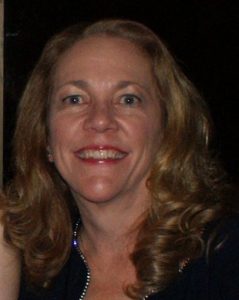 Jamie Larsen is the associate director of the Professional Writing Program in the Department of English and is working to revamp and update ENG 333: Communication for Research and Science this semester through OCIP.
Jamie Larsen is the associate director of the Professional Writing Program in the Department of English and is working to revamp and update ENG 333: Communication for Research and Science this semester through OCIP.
During the course, students learn and complete a variety of tasks related to research topics and questions, using databases, writing grant proposals, preparing presentations, and addressing the public to convey scientific knowledge.
Similar to others in the cohort, Larsen completed the APPQMR workshop and learned about the importance of relating student learning activities and readings to specific course objectives.
“Taking the QM course module as a student made it abundantly clear to me that learning is enhanced by completing focused tasks related to defined learning objectives,” Larsen says.
“I am really interested in having help redesigning my online course into one that is accessible and goal-oriented for students,” Larsen says. “In addition, I look forward to working with other instructors and OCIP and DELTA mentors and gaining from this type of collaborative learning environment.”
On the topic of online courses, Larsen is an advocate for quality online courses that enhance students’ learning so they can master the course material and a set of learning objectives.
“I also think teaching students how to use online technologies in a digital learning environment will help them in the future as they navigate information online for the next steps of their academic and professional careers,” Larsen adds.
 Director of the Program in International Studies and Teaching Associate Professor Seth Murray looks forward to being questioned and challenged as he updates and improves his online course.
Director of the Program in International Studies and Teaching Associate Professor Seth Murray looks forward to being questioned and challenged as he updates and improves his online course.
“I’m excited about learning from like-minded colleagues about how to think creatively on how I can best provide a top-quality learning experience for our students,” Murray says.
Murray has been teaching IS 200: Introduction to International Studies online since 2011 and while he regularly updates the class content such as case studies, videos and readings, he knew his instructional delivery and the structure of the course needed revisions.
“I have become particularly mindful of this need as NC State prepares to generate our next strategic plan,” Murray says. “I believe that OCIP will challenge me to think about how I can improve and innovate in my pedagogical engagement.”
During the semester, Murray will be working toward QM certification for his IS 200 course, which is both a General Education Program (GEP) course as well as a gateway class for undergraduate International Studies majors and minors.
“I am specifically intent on improving the connections between the learning objectives for components of this course with the means that we have for assessing students’ learning in the online environment. If I can accomplish this goal, it will undoubtedly impact and improve all of the other undergraduate and graduate courses that I teach,” Murray adds.
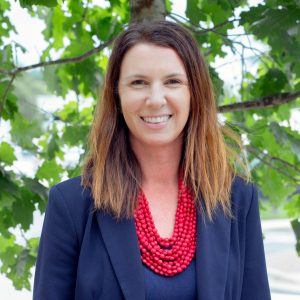 Associate Professor Wendy Warner was drawn to OCIP because one of her roles in the Department of Agricultural and Human Sciences is to work with preparing future agriculture teachers through the Licensure in Education for Agricultural Professionals (LEAP) program.
Associate Professor Wendy Warner was drawn to OCIP because one of her roles in the Department of Agricultural and Human Sciences is to work with preparing future agriculture teachers through the Licensure in Education for Agricultural Professionals (LEAP) program.
“In my case, the students I’m working with are going to be teachers, which is so important that they’re getting the skills that they need, and they also feel supported because as a middle school or high school teacher they have a lot of demands on their time,” Warner says.
Many of her students in the AEE 503: Youth Program Management course are at the graduate level who already teach full time on top of completing online classes. Warner says, “It’s important that they’re able to complete a course in an efficient and effective manner.”
From what she knows about Quality Matters so far, Warner is excited about using course maps and templates to keep everything organized and make her class more valuable and easier to navigate.
“I think it’ll be helpful to sit down and take a concentrated look at what my objectives are for the course and how everything supports each other and ties together,” Warner says.
By modeling best practices in her course, Warner sees that in turn creates a learning environment that her students will use in their classrooms.
Paving the Way for Course Quality Initiatives
The collaborative OCIP effort is now just one of the initiatives of the Course Quality Program at NC State.
QM Coordinator and Lead Instructional Designer Bethanne Tobey along with DELTA staff members Christopher Beeson, Vince Lastreto, Arelene Mendoza-Moran, Rebecca Sanchez and Bethany Smith make up the Course Quality team who will be leading quality-based workshops and programs for NC State faculty.
Stay tuned for more information regarding NC State’s course quality initiatives. We are excited to continue our pursuit of the highest-quality online courses possible.
